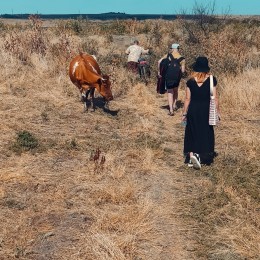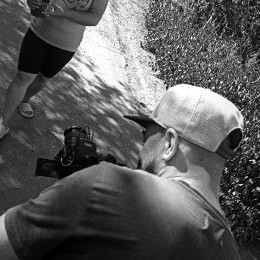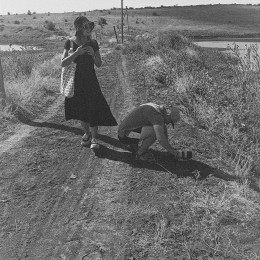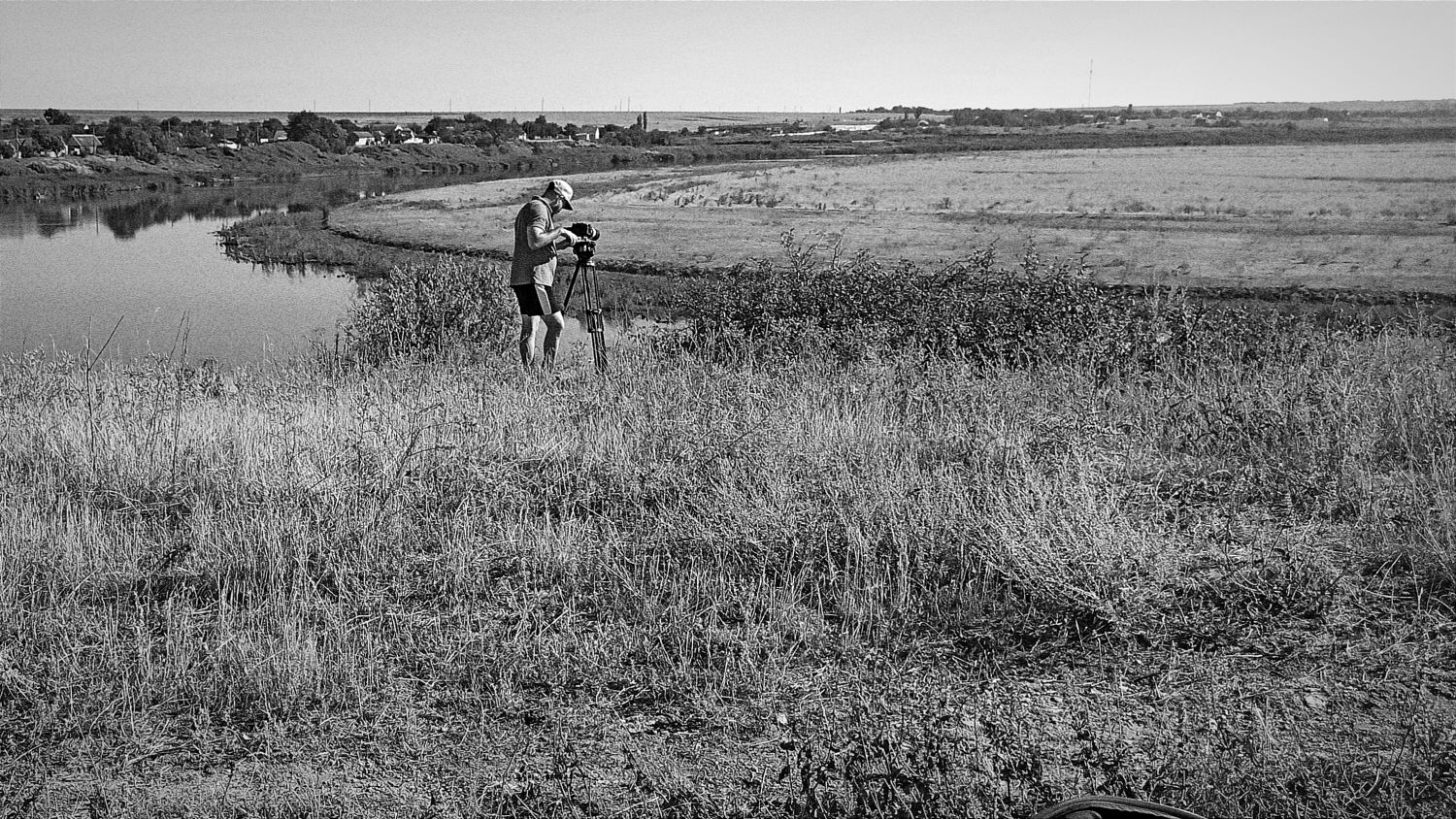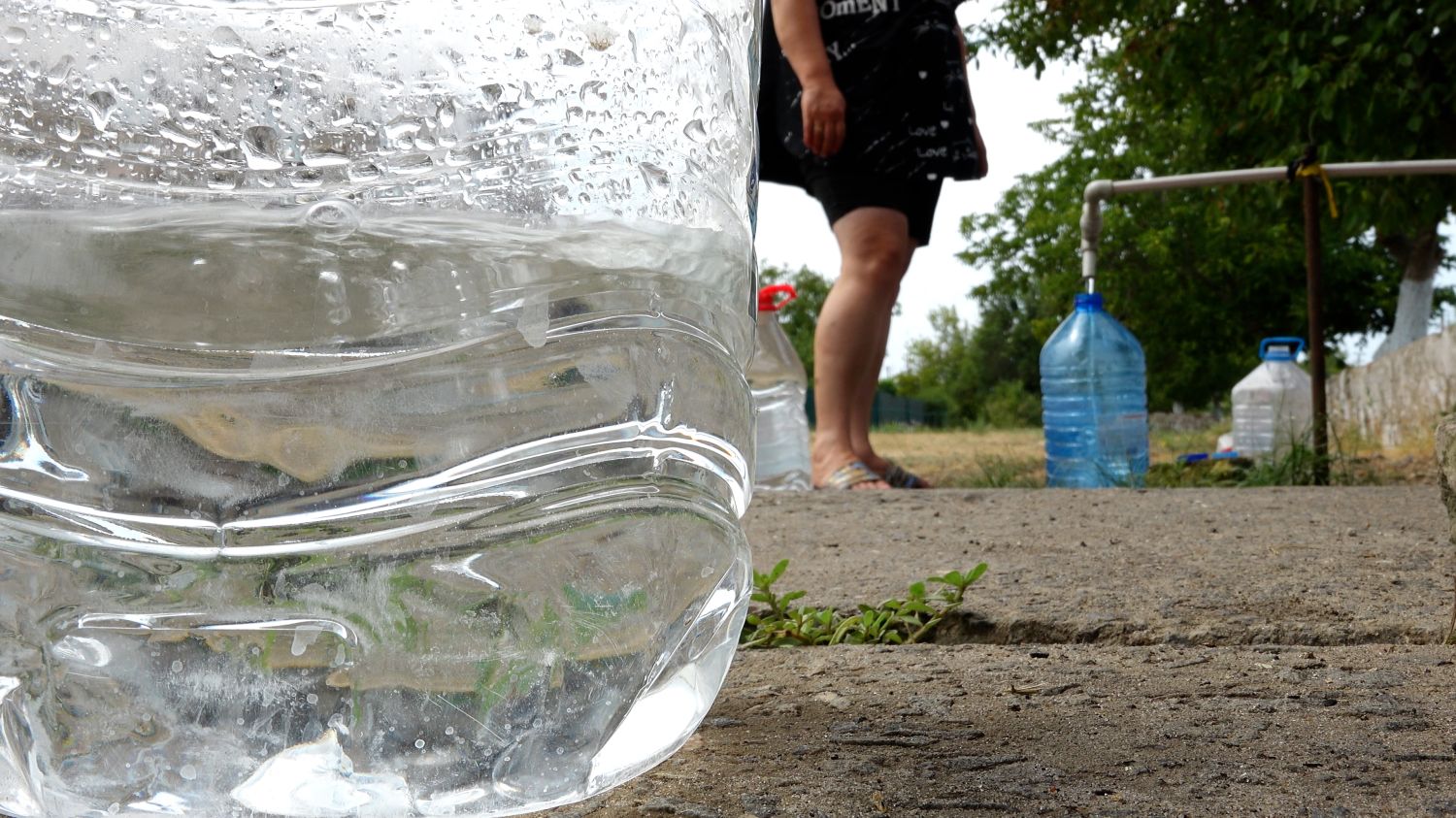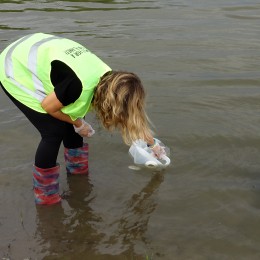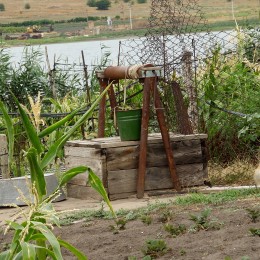Water and problem. A journalist from Mykolaiv is shooting a documentary about the flooded Afanasiivka
- Olena Kozubovska
-
•
-
18:36, 13 August, 2024
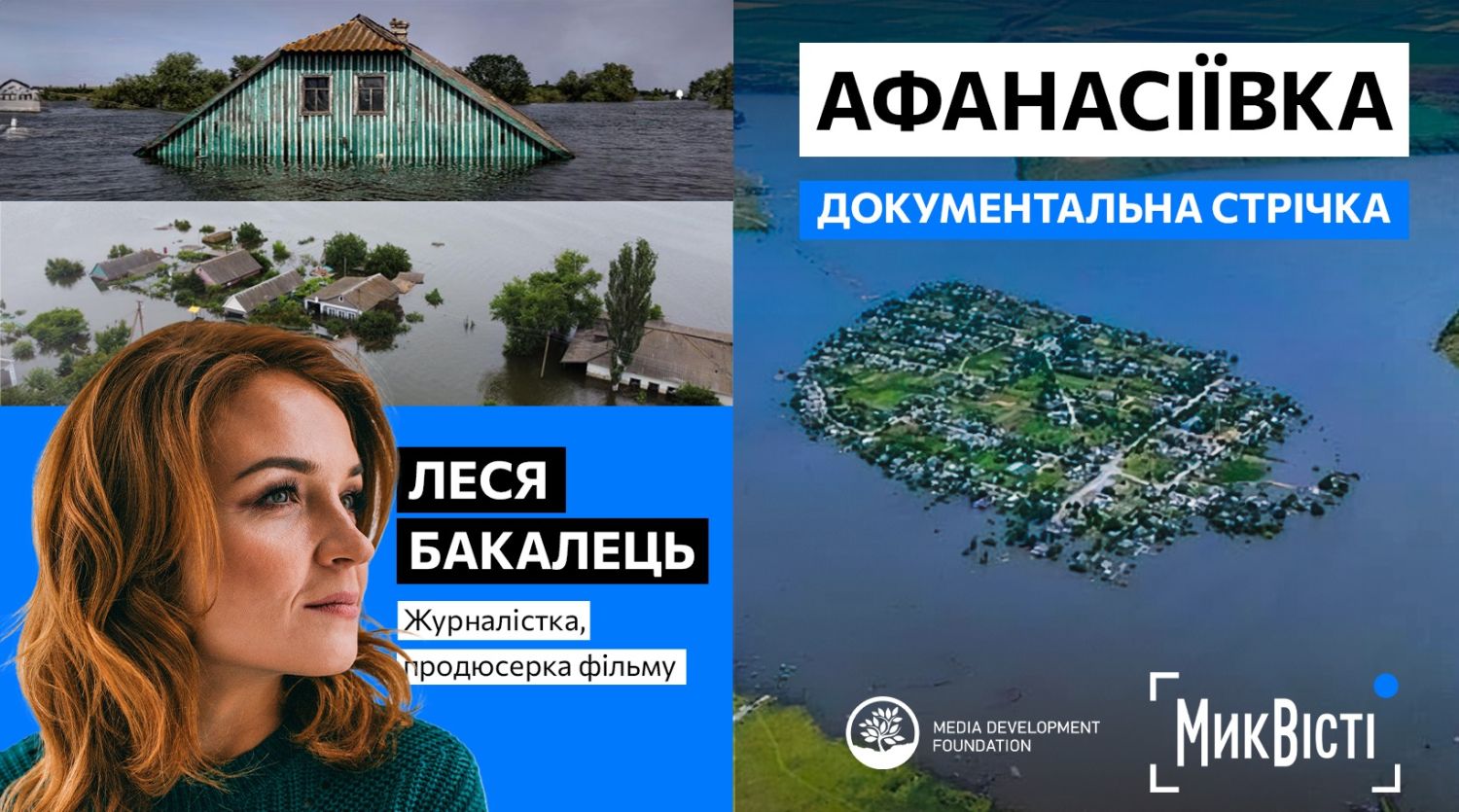
Mykolaiv-based journalist Lesia Bakalets has started work on a documentary film about the village of Afanasiivka in the Mykolaiv region, which was damaged by Russian troops blowing up the Kakhovka hydroelectric plant in the summer of 2023.
The film will tell about the life of the village a year after the disaster and flooding that changed its fate. The village of Afanasiivka, home to 368 people, was significantly affected by flooding after the Kakhovka dam broke. Every fifth house was under water, and even after a year the village did not recover. The flooded houses, mostly built of clay and shell, are still damp.
In addition to dealing with the consequences of flooding, the residents of Afanasiivka face another serious problem — the lack of drinking water. The local river Inhulets and all the wells are polluted due to the debris brought with it by the wave from the Kakhovka reservoir. Volunteers have been providing drinking water to the village for a year, but it is only enough for cooking, and for other needs the locals are forced to use contaminated water.
Lesia Bakalets seeks to draw attention to one of the biggest man-made disasters in Europe in the 21st century.
«Afanasiivka is a small but vivid example of the harm caused by the undermining of the Kakhovka HPP. I want to show that the consequences of the disaster need the attention of the international community and detailed study, and people in the center of Europe in the 21st century should live with basic benefits, which include drinking water,» the journalist said.
The project is implemented within the framework of the «Laboratory of Documentary Cinema» program with the support of the Center for the Development of Independent Media Media Development Foundation. The film will be published in the online media NikVesti.
The filming team is working on the film under the leadership of the author Lesia Bakalets. Cinematographer — Viktor Petrenko, sound engineer — Stanislav Tretiakov.
Lesia Bakalets comes from Mykolaiv. From 2004 to 2010, she studied at the Institute of Journalism of Taras Shevchenko Kyiv University, and later worked at such media platforms as Radio Liberty, Channel 5, and 1+1 in Kyiv. From 2017 to 2023, she worked at the Voice of America in Washington. In 2023, she moved to Warsaw. As a native of Mykolaiv, she understands well the problems of local residents, because her relatives have been living in conditions similar to those prevailing in Afanasiivka for the third year.
See also the report «Afanasiivka. What has changed in a year after the flooding of a village in Mykolaiv region?».
